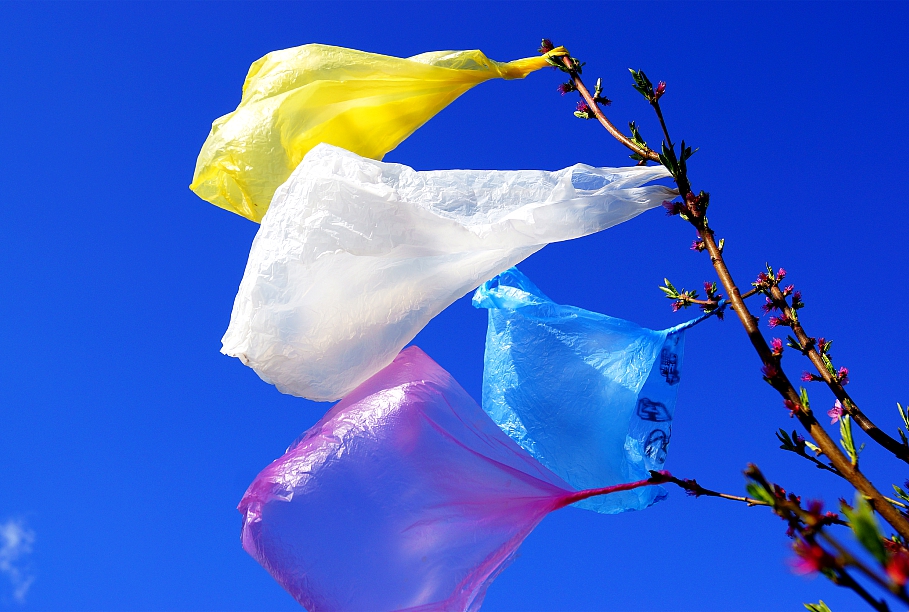The law comes into effect January 1 and applies to all types of plastic shopping bags, regardless of the thickness of the material.
However there is an exception: very lightweight plastic bags that are needed for hygienic purposes or intended to pack non-prepacked food to prevent food waste.
Bags with a material thickness below 15 microns will continue to be available free of charge in sales outlets. It is also stipulated that the packer must inform consumers at the point of sale of alternative packaging types and the possibility of using a paper bag or other packaging.
But from 1 January 2025 even at these points of sale, light plastic shopping bags will need to be replaced with packaging from paper and cardboard or other natural fibers and degradeable bioplastics.
The law is intended to reduce the number of plastic bags in the environment and especially their use as a matter of course, regardless of necessity. It is also intended to spak demand for more environmentally friendly forms of packaging.
Concerns about plastic products and residues polluting the seas and entering the food chain have risen sharply in recent months. Earlier this week the European PArliament voted to ban the sale of plastic picnic-style plates and cutlery.
Single-use plastic items such as plates, cutlery, straws, balloon sticks or cotton buds, will be banned in the EU under plans adopted on Wednesday.
These products will be banned from the EU market from 2021, under draft plans approved by Parliament.
MEPs added to this list of plastics banned from the EU market from 2021: products made of oxo-degradable plastics, such as bags or packaging and fast-food containers made of expanded polystyrene.
The consumption of several other items, for which no alternative exists, will have to be reduced by member states by least 25% by 2025. This includes single-use burger boxes, sandwich boxes or food containers for fruits, vegetables, desserts or ice creams. Member states will draft national plans to encourage the use of products suitable for multiple use, as well as re-using and recycling.
The European Commission estimates that single-use disposable plastic products account for more than 70% of marine pollution.





























